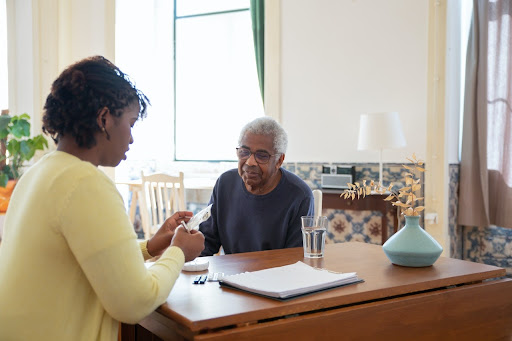
How Tenants Can Aim for Sustainability
When you’re renting a home or apartment, you don’t always have much control over changing your living space. But, that doesn’t mean there aren’t things you can do to live a greener, more sustainable lifestyle.
If sustainable living is important to you, do what you can to get creative with your eco-friendly efforts. You might not be able to change the structure of your home, but there are small things you can do each day to make a big difference in your carbon footprint. The best part? Most of these actions are so easy, they’ll quickly become habits, and you can influence family members or friends who live with you to do the same.
Not sure how to get started? We’ve got you covered.
Reduce Your Waste Production
One of the easiest ways to be more sustainable that doesn’t require changing anything in your home is to reduce the amount of waste you produce. We’re facing a serious waste crisis across the globe, and the U.S. is a major contributor. The average person produces about 4.5 pounds of trash each day.
Thankfully, there are plenty of ways to reduce your waste. By making a few small, habitual changes, you can produce less trash each day and slow the rising problem of over-filled landfills. Some of the easiest ways to reduce waste include:
- Recycling
- Composting
- Shopping local
- Avoiding single-use plastic
- Buying things in bulk
- Buying used items
- Donating old items rather than throwing them away
You don’t need to make any changes to the design of your home to stop producing so much trash. If you live with others, challenge them to reduce their waste production in your rental, too. By making a “game” out of it, you’re bound to see just how much you were throwing away before, and just how much you can recycle or reuse now. Eventually, you can even become a zero-waste renter.
Waste Fewer Resources
Reducing your waste is about more than just creating less trash. You might not think twice about leaving the faucet on while brushing your teeth or leaving a light on when you walk out of a room. For many renters, those utilities are included in your monthly payment, so you don’t pay much attention to them.
But, if you want to live more sustainability, it’s important to develop less wasteful habits when it comes to our resources.
Consider talking with your landlord about installing low-flow toilets and sinks. It’s a great way to ensure all of their tenants use less water. But, if they’re not willing to make those changes, you can still reduce your personal water consumption by:
- Taking shorter showers
- Waiting until the washing machine/dishwasher is full before running a cycle
- Turning off faucets when brushing teeth or washing dishes
- Getting leaks fixed immediately
You can also change out the standard lightbulbs in your home for LED bulbs. They tend to use less energy and produce less heat. While it’s still important to turn lights off when they’re not in use, LED bulbs can make a difference in your energy usage when they’re left on. Getting in these habits will also help if you ever go on vacation. You’ll be more likely to remember to turn off lights, lower your thermostat and turn off your heater, and unplug appliances that could continue to drain energy while you’re gone.
Cut Back on Emissions
Working from home is becoming more popular than ever. While remote work was already on the rise, the COVID-19 pandemic caused it to skyrocket. Whether you’re living in an apartment or rental home, take advantage of remote opportunities with your employer, if possible.
That might require investing in home office equipment and paying a bit more for a strong WiFi connection. But, you’ll cut back on your carbon emissions from traveling to and from your workplace. You won’t have to change anything about your rental to set up a home office, though it’s often worth it to add a fresh coat of paint and some new decor to make your workspace feel different from the rest of your home.
When you work from home, you can also be more conscious about your sustainable habits each day. For example, cooking your own meals rather than eating out is a great way to reduce your emissions (and save money). Additionally, you’ll have full control over the appliances that are on throughout the day, how much waste you produce, and how much water you use. If you’re new to sustainable living, being home during the day is a great way to take stock of your current habits and consider where you can make changes.
Being a renter doesn’t mean you have to live a wasteful lifestyle. When you make sustainability a priority, it’s easy to find ways to be a little greener each day. Put some of these ideas into practice, and you’ll quickly see how easy it is to make positive changes for the sake of the planet.
